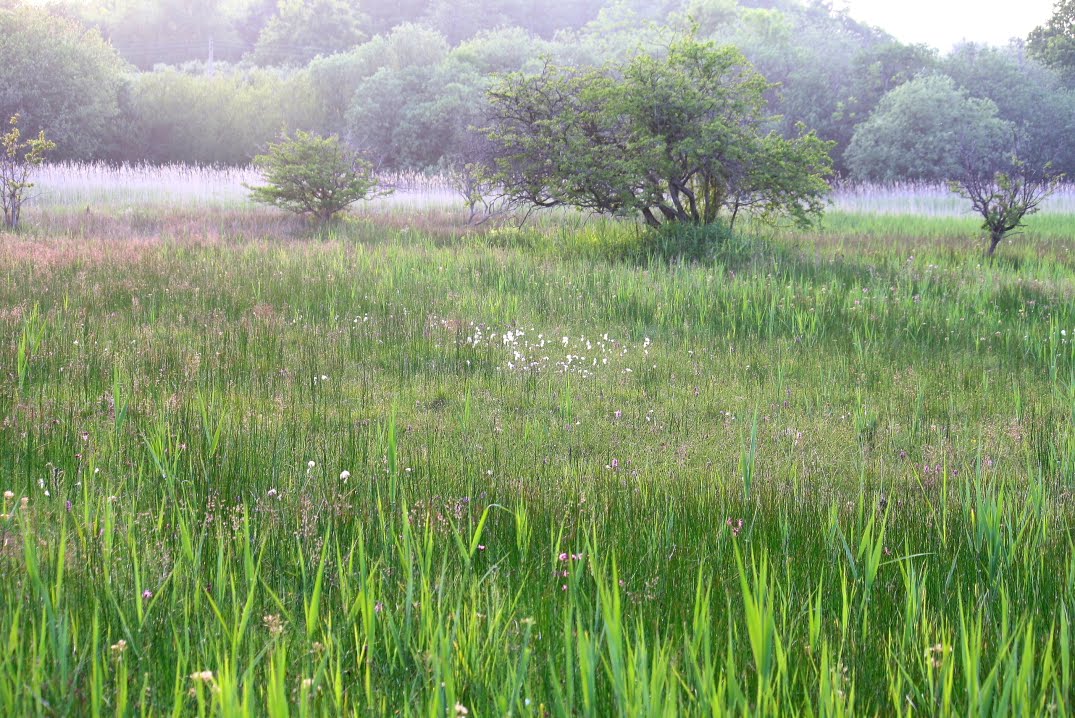There are apparently more than 400,000 species of beetles in the world: some are a nuisance to humanity, but all are doing valuable work in their own ecosystems. Amongst the most useful and visible are the dung beetles, and a recent article in The Guardian highlighted research showing that male and female South African spider dung beetles coordinate to roll balls of, well, dung. It says in the article that “They don’t know where they’re going, but they can still coordinate to move the object together.” These are thought to be the only example of animals other than humans working together without knowing an object’s destination. In other beetles that roll balls in pairs, the females tend to hitch a ride on the balls of dung, or walk behind their ball-rolling mate (presumably holding a scented hankie to their little nostrils, in the same way as can be necessary at the moment when walking past huge mountains of pungently decaying manure waiting to be spread on the local fields.)
This surprising research was drawn to the attention of your
correspondent by a fellow volunteer, who thought it could describe alternate
Sunday mornings on the Common to a tee. I for one decline to comment.
Speaking of your usual correspondent, once again I was
absent for the first half of today’s working party. The reason was of course
entirely legitimate, but it was a lucky coincidence that my eventual arrival was
as the tea break was starting, so that I could enjoy the warm greeting of my
fellow beetles volunteers. The warmth of that greeting was perhaps
tempered by my initial surprise that the job wasn’t yet finished, but
nonetheless the cup that warms and a biscuit still came my way.
The pre-cut crew had of course been busy a few days before, leaving the area looking like this to greet the initial 18 volunteers.
Since I was absent for the first hour, I am grateful to Team Leader Julie for her photos and account of what took place, on what was very soggy ground. As I found out, if you stood still too long you felt a sinking feeling, there were treacherous streamlets heading for the Beck, and keeping your balance was quite tricky (although nobody actually fell over).
The first problem to deal with was unfolding the still-frozen drag sheets. And then, although it had only recently been cut and not rained on, the material to be shifted was particularly heavy and awkward.
Then it was on with the usual tasks:
Forking the cut material onto the drag sheets
Escorting the sheets being winched to the dump site
Just in time for my arrival, there was the traditional gathering for coffee
At break-time the pitchforks are set aside, and don’t these ones look pleased, giving us their thumbs up?
We’re a multi-talented and multi-skilled bunch, as is obvious for all to see. It’s not often you find a glove puppeteer on a boggy fen, but it can happen.
Every so often a long straggly stem, or root, or something else the botanists would know the name of would interfere with the smooth lifting of cut reeds. Dire warnings were issued by the Wise Woman of the group (who had watched too many horror films in her youth) that these were manifestations of something evil on the benighted site, and we should all watch out. She was a bit better after a little lie down – but who knows if she was right…? (Team Leader Margaret did later take a tumble in the storage container – just saying.)
We like to show where the cut stuff gets dumped, and once again the winch and tipping out crews had come up with an impressive pile (not a medical term, you understand).
When the work was over, and people were wending their weary way home, those who needed their boots in sparkling condition for, presumably, future social engagements made their way down to the Beck for a spot of hazardous welly washing. This, as Rita discovered last time, is fraught with danger, but nothing daunted she did it again.
Brian made sure the job was a good ‘un before letting her back out.
Here’s how the area looks now, with one section left to deal with.
Here is Team Leader Margaret’s message of thanks:
A very heartfelt thank you, to the 19 people who came
today. It was hard going with the heavy wet conditions under foot. As always
you all rose admirably to the task. It is great to walk across the bridge and
see right across to the bench, a view seen only every four years. It will also
make hunting down the Himalayan balsam easier. Roll on May!
So take your well-earned rest this afternoon and
hopefully see you, same time, same place in two weeks.
For those who saw my inelegant fall, no damage done at
all.
Thanks again.
Margaret (for the team leaders)



.jpg)
.jpg)
.jpg)








.jpg)




.jpg)
.jpg)


.jpg)







